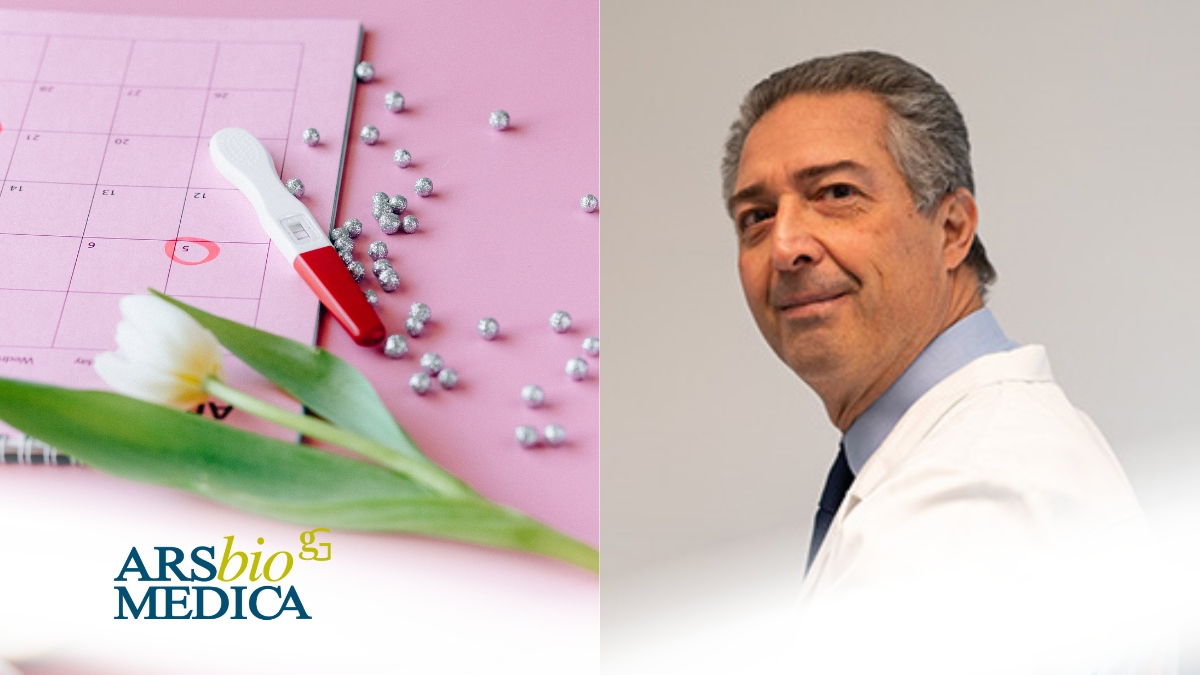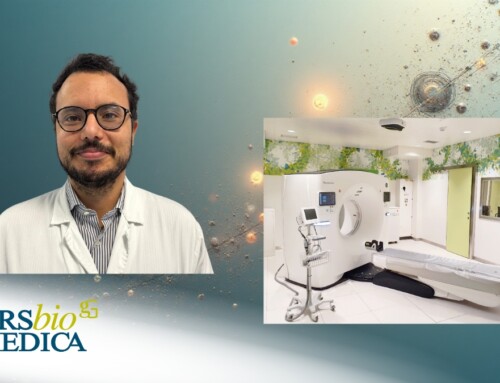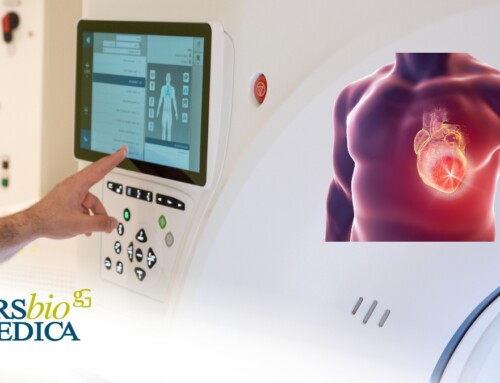
Articolo del 10/07/2025
Taking care of your gynecological health means more than just addressing issues as they arise—it means learning to listen to your body, understand it, and prevent problems whenever possible. From puberty to menopause, each stage of life brings unique changes, needs, and questions.
Yet many women still neglect regular check-ups or postpone important visits, often due to embarrassment or lack of information. That’s why it’s essential to discuss these topics openly and with clarity.
But when should you start? How often should you get checked? And how does this vary by age?
We spoke with Professor Monti, gynecologist at Arsbiomedica Clinic, who guides us through the key milestones in women’s health.
At what age is the first gynecological visit recommended?
Generally, the first visit is advised between ages 16 and 21, or shortly after the onset of sexual activity—even if no problems are present. This is a crucial moment, not only medically but also relationally: it establishes the initial connection with your doctor and opens the conversation about topics like menstrual cycles, sexuality, contraception, and infection prevention. The approach is always gentle, respectful, and personalized.
What Changes After Age 30?
Between 30 and 40, prevention becomes more focused. In addition to the Pap test, I recommend the HPV DNA test to detect the presence of the human papillomavirus, which can precede the development of lesions. For those trying to conceive or facing difficulties, it’s helpful to start monitoring ovulation and ovarian reserve. Also, after 35, we carefully evaluate for fibroids or cysts.
And for Women Between 40 and 50?
This is a crucial phase, as the first signs of perimenopause—the transition to menopause—begin to appear. Annual check-ups are essential and should include a gynecological exam, pelvic and transvaginal ultrasound, Pap test if not recently done, and in some cases, a mammogram if not already prescribed by other specialists. It’s also an ideal time to discuss bone health, sexuality, and overall well-being by performing a bone density scan (DEXA) of the femur and spine.
What About After Menopause?
Contrary to common belief, gynecological health doesn’t end with menopause. Women over 50 should continue regular screenings, even without symptoms. At this stage, we assess vaginal mucosa, pelvic floor health, potential prolapse or incontinence, and monitor hormonal changes. Prevention of endometrial and ovarian cancers remains a priority. Moreover, we focus on quality of life because, with the right tools, women can live well during post-menopause.
How Does Arsbiomedica Support This Journey?
At Arsbiomedica, we offer Arsbiodonna, a comprehensive program tailored to women’s health at every stage of life. Through a multidisciplinary approach and the collaboration of multiple specialists, we ensure each woman receives personalized care tailored to her individual needs.
Every patient is followed with professionalism and empathy, building a relationship founded on trust and attentive listening. From young women to those in menopause, our prevention programs are designed to meet the evolving health needs of women throughout their lives.






